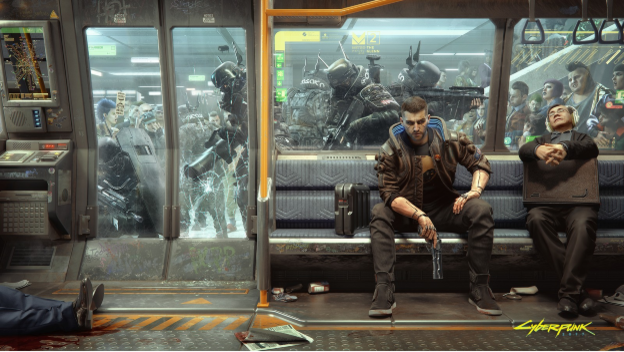There’s a quote you often see doled out in the gaming community, especially when a highly anticipated game gets delayed. It’s a famous quote from Nintendo legend Shigeru Miyamoto himself, which has an inherent weight due to that high quality Nintendo context. The quote usually reads, “a delayed game is eventually good, but a rushed game is forever bad.” Regardless of this quote’s intent, you see it a lot in response to big, AAA game delays. But the truth is that not all delays are created equal, and that quote only truly applies in rare situations. In today’s gaming reality, delays are often the result of problems, ranging from management issues to challenges totally unrelated to quality, or other reasons quite far from the idyllic Miyamoto scenario.
Let’s look at two recent, major examples in Naughty Dog’s The Last of Us Part II and CD Projekt RED’s Cyberpunk 2077 . Both of these are massive, massive games in terms of scale and scope, and both have been subject to multiple delays. In truth, both of these games will likely benefit from their delays, the same way games like Red Dead Redemption 2 did. But that doesn’t mean we’ll end up with a super polished, complete, or Nintendo-polished game as a direct result of the delay. Rather, we’re looking at structural problems in the industry causing these delays often unnecessarily.
Both of these games have a well-documented history of crunch. The people on the ground floor, the non-management types doing the coding, modeling, designing, so on and so forth, these people have put in years of overtime, to the point of mental and physical health problems. And oftentimes, as we’ve seen in reports from outlets like Gamesindustry.biz or Kotaku, and books like Blood, Sweat, and Pixels , crunch just means doing more more for more hours. But it isn’t always productive work, or good work. It’s tired, burned-out work, or busy work, or reactions to last-minute changes or demands from higher up.
Nintendo games are often super polished, and as free of major bugs as possible. Rarely do Nintendo games see post-launch patches, and when they do they usually come quickly and efficiently. But Nintendo has often gone on record with its anti-crunch policies and other worker-positive conditions. There’s no doubt Nintendo isn’t perfect, but generally speaking its games maintain scope and scheduling, and delays (which most often hit the Zelda series) are usually meant to fix software-level problems or polish things up rather than cram in new things or make drastic changes.
All too often, we’re supposed to accept “passion” as an excuse for game developers being forced, whether literally or socially, to work periods of overtime lasting anywhere from weeks to years. And then we get an article or passage in a book a year or two later that describe ridiculous reasons for that crunch, leading to delays and industry burnout. In some cases that even led to folks having their names removed from credits after years of hard work. And the worst part is, that doesn’t even always mean a game comes out polished or critically successful anyways.

Miyamoto’s quote was more about personal satisfaction in one’s work, rather than the release date pushing we often see in AAA game development, especially in the more blockbuster spaces. Miyamoto has gone on record responding to that quote, noting that he was talking more about not wanting to regret shipping a game before he felt good about it as a creator, rather than stating delays are a key to a good game. The reality is much more complicated than that, and the reason for delays isn’t always to put a finishing touch on an already great title. Sometimes it’s because somewhere along the way, something got out of hand. And the people doing the brunt of the work have to pay for it.
